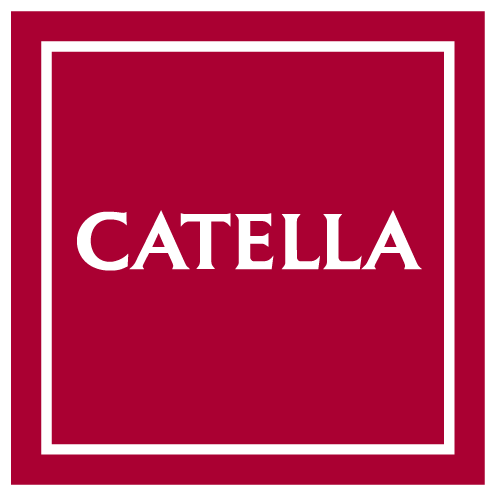There is no question that the European logistics markets are reorganizing. By this, we only superficially mean the yield adjustments for the respective properties. These have taken place because of the change in the interest rate landscape in 2022 to mid-2023 but have not yet been completed.
The reduction of the peak multiples in the last 12 months from 31 times to 21 times exemplifies the trend reversal. However, the fulfillment of ESG requirements - which do not increase the price of new buildings - also finds its way into investors' yield calculations and leads to corresponding discounts for existing properties.
For this reason, structurally interesting aspects of the European market for logistics real estate can still be observed:
- A latent supply surplus or exit of - mostly older - space, which was rented at short notice in the first pandemic year 2020 under the condition of supply security.
- The effects of Brexit subsequently show increasing interest from investors in Ireland, France, and the Netherlands.
- A renewed shift to the east, primarily Poland, which is attracting investors in anticipation of a - hopefully - possible peace agreement in Ukraine.
We try to take these structural aspects into account in our investment decisions - put more simply: where to invest in the future? Especially since the mantra of "location, location, location" is also of particular importance in this asset class.
Therefore, it is certainly not surprising that we focus on the "Blue Banana" and the European transport corridors in the current edition of our infographic.
Professionals know that the "Blue Banana" originally referred to regions with a dense population zone representing almost all central facilities in Europe and 20 global and international cities. At that time, and even more so today, it played the role of the core of the European logistics cluster. However, in the last 25 years, this spatial development model has been complemented by nine strategically defined transport axes, the so-called Trans-European Transport Network (TEN-T).
Currently, logistical functions, not least due to the Ukraine war, are developing a new dynamic in the Baltic States, Poland, Romania, Hungary, and Slovakia. It can be expected that - after peace has been concluded - this dynamic will extend further into Ukraine. For investors in logistics facilities, these corridors or clusters form the basis which must be considered when making investment decisions. The spaces in between should be taken into account by adding a risk premium to the valuation.
Have fun with our infographic!
![]()
